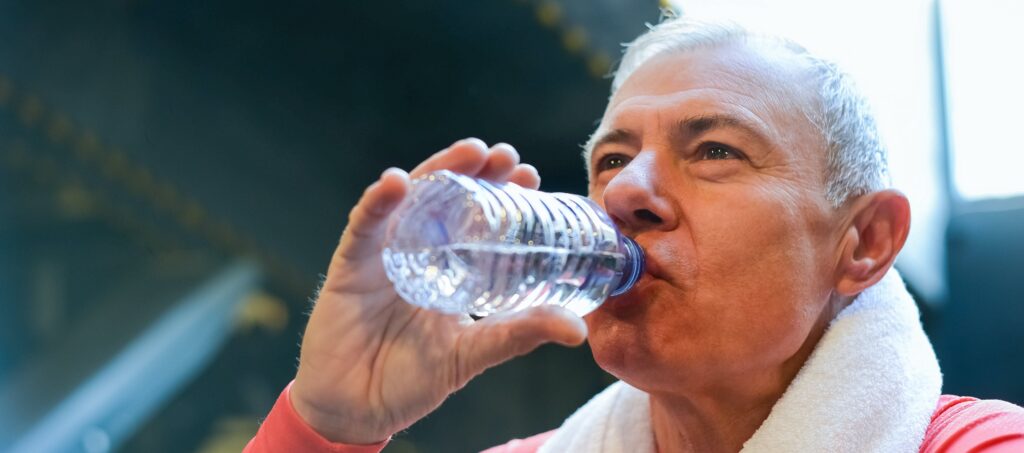
Recognizing National Bladder Health Month
Tips for Older Adults to Avoid Bladder-Related Issues
National Bladder Health Month is an opportunity to raise awareness and promote better bladder health, especially among older adults who are more susceptible to bladder-related issues. Here are some important points for older adults to know about bladder health:
Stay hydrated.
Adequate hydration is crucial for overall bladder health. While it may seem counterintuitive, staying well-hydrated can help prevent bladder issues. Proper hydration helps flush out toxins and irritants from the urinary system.
Maintain a balanced diet.
A healthy diet rich in fiber can help prevent constipation, which can put pressure on the bladder. Avoid excessive consumption of bladder-irritating foods and drinks like caffeine, alcohol, and artificial sweeteners.
Pelvic floor exercises.
Pelvic floor exercises, such as Kegels, can help strengthen the muscles that control the bladder. Regular exercise can improve bladder control and reduce the risk of urinary incontinence.
Avoid smoking.
Smoking can irritate the bladder and increase the risk of bladder cancer. Quitting smoking is not only beneficial for lung health but also for bladder health.
Maintain a healthy weight.
Being overweight can put additional pressure on the bladder and exacerbate urinary incontinence. Maintaining a healthy weight can reduce this risk.
Manage chronic conditions.
Older adults with chronic conditions such as diabetes or urinary tract infections should work with their healthcare providers to manage these conditions effectively. Proper management can help prevent or alleviate bladder issues.
Review your medications.
If you’re taking multiple medications, consult your healthcare provider to review your medications. Some medications may have side effects that affect bladder function.
Get regular check-ups.
Schedule regular check-ups with your healthcare provider to monitor your bladder health. Early detection and treatment of bladder-related problems can improve outcomes.
Listen to your body.
Pay attention to your body’s signals and urges. Don’t ignore the need to urinate or hold it in for extended periods. Frequent bathroom breaks can help prevent bladder overstretching.
Strengthen bladder habits.
Practice healthy bladder habits, such as emptying your bladder before and after bedtime, and avoiding holding in urine for too long.
Consider bladder health screenings.
If you are concerned about your bladder health, consider discussing bladder health screenings or assessments with your healthcare provider, especially if you have a family history of bladder issues.
Lead a bladder-friendly lifestyle.
Avoid excessive alcohol and caffeine consumption, as these substances can irritate the bladder. Opt for healthier, bladder-friendly options.
Remember that bladder health is an essential component of overall well-being, and taking steps to maintain it can improve your quality of life as you age. If you have concerns or experience bladder-related problems, don’t hesitate to seek guidance from a healthcare professional. National Bladder Health Month is an excellent opportunity to focus on these aspects of health.
